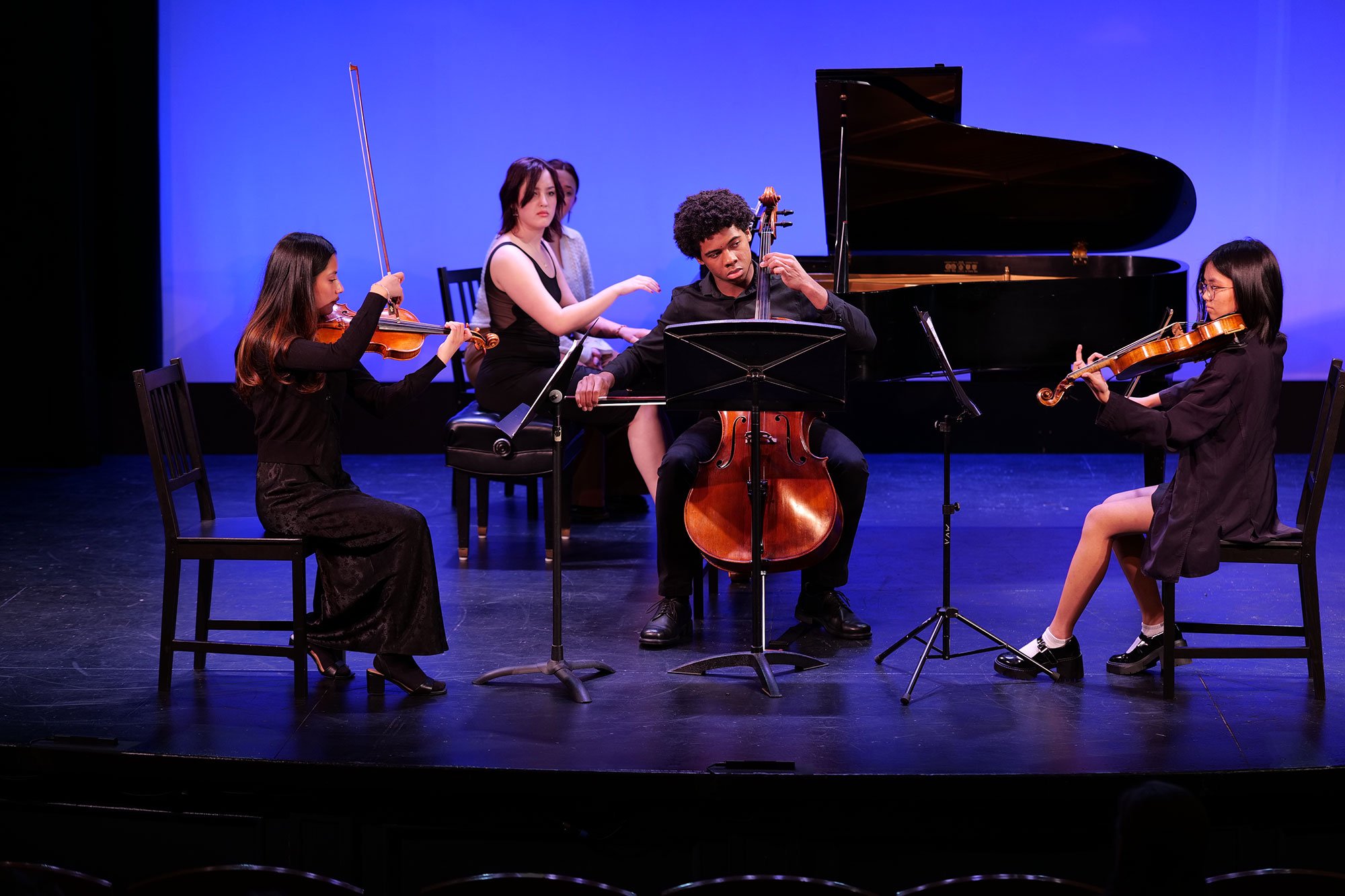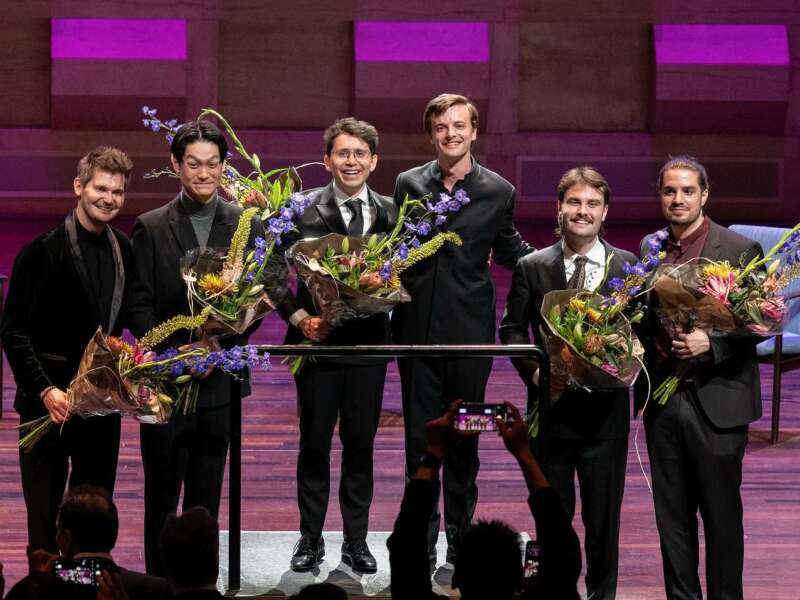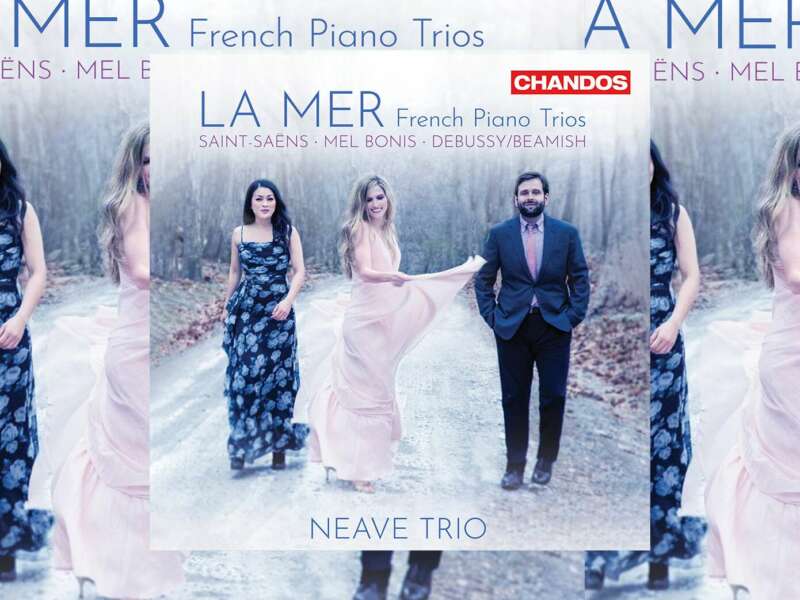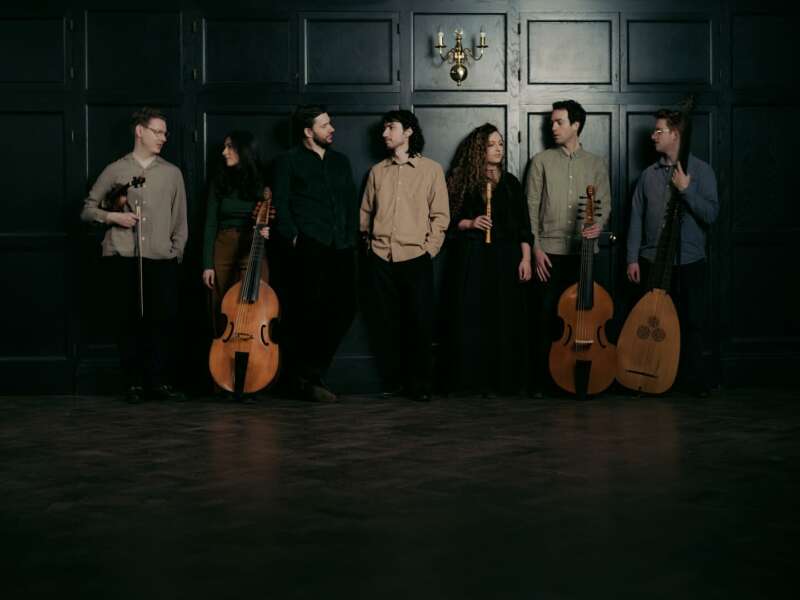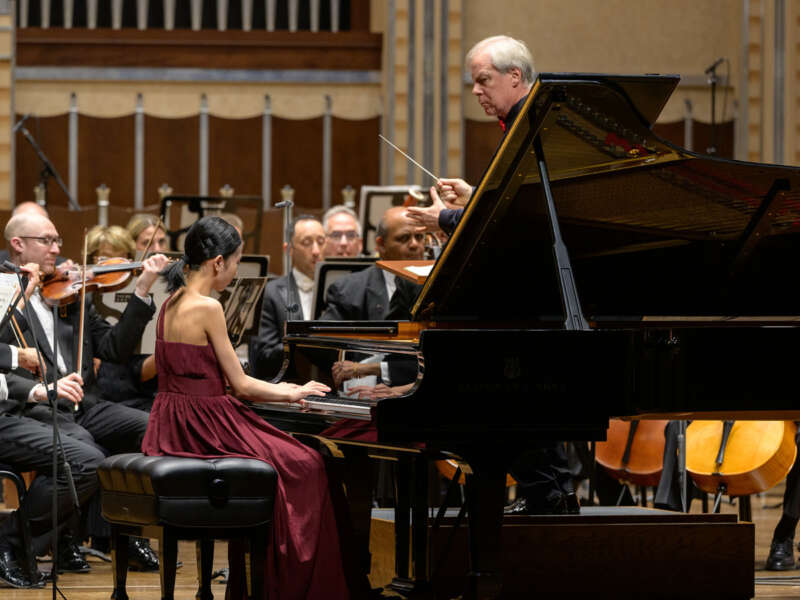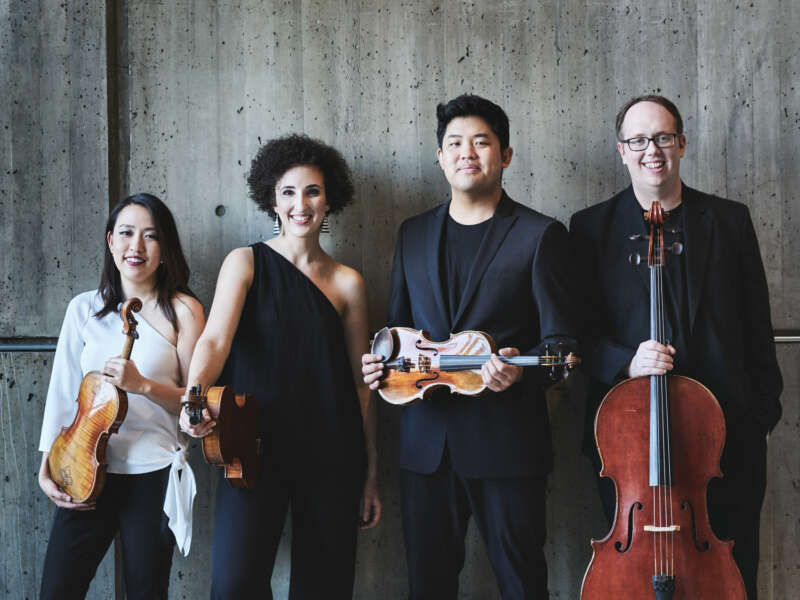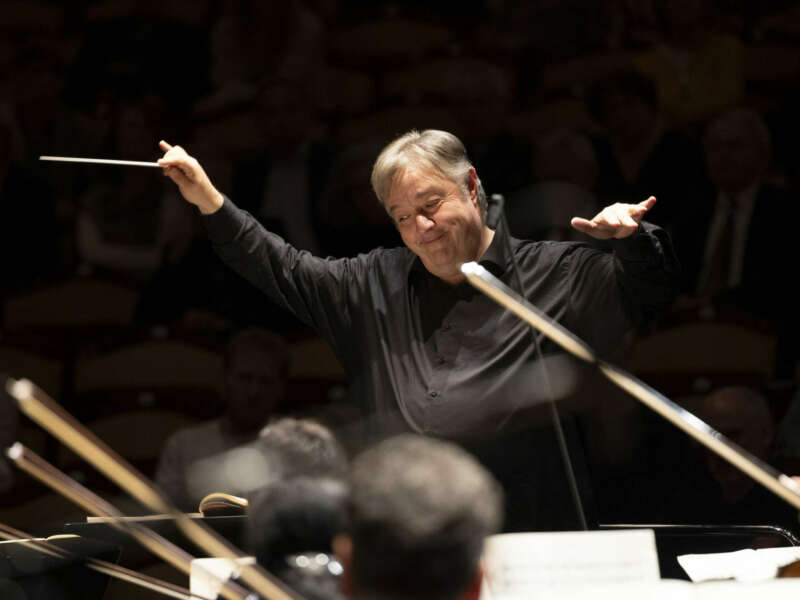New Research Highlights Benefits of Classical Music Ensembles for Adolescents
The study explores how young adults learn and benefit from participating in music ensembles
A new research study titled “Playing music together: Exploring the impact of a classical music ensemble on adolescent’s life skills self-perception” investigated young musicians’ self-perception about the benefits and challenges of learning and performing music together.
Written by Anna Bussu, a senior lecturer at Edge Hill University, and Marta Mangiarulo, the qualitative study interviewed 15 adolescents aged between 12 and 18 years old, who participated in a long-term music education program led by a charity in the North-West of England.
Two primary themes that emerged from the research analysis included the benefits of being in an ensemble and the development of music and life skills, plus the challenges experienced by the musicians learning in the ensemble.
Young musicians were found to have developed greater self-confidence and cognitive skills (such as critical thinking, and self-awareness) while performing together. Effective communication and interpersonal skills also improved.
Challenges faced by the musicians in the process of learning music in an ensemble involved managing emotions of frustration, and adapting to different music learning styles and techniques.
Ultimately, the research findings state the importance of classical music ensembles in fostering music and life skills among adolescents — the study recommends that schools, trusts, and music education hubs should collaborate more closely to provide additional classical music education opportunities.
Further, institutions could actively involve young people in co-producing advisory groups, and in classical musical activities and programs designed to engage and inspire young audiences.
“To support adolescents’ learning process through music, we must explore more pedagogical strategies, their impact, and how young people learn to practice in ensembles,” the study explained. “Future research must evaluate the impact of new pedagogical models and techniques adopted in ensembles for developing musicians’ music and life skills.”
“I have always had an interest in studying the development of life skills in young people,” Bussu told PsyPost. “Life skills (such as effective communication, active listening, empathy, self -regulation and problem-solving) can significantly enhance one’s ability to navigate both personal and professional challenges successfully are protective factors for young people because they equip them with essential abilities to navigate various challenges and stressors in their lives.
“Through my academic work in social and educational psychology, I have been particularly curious about the development of life skills among adolescents, a critical period for personal development,” she continued. “While there is extensive literature on the cognitive and academic benefits of music, I noticed a gap in exploring how participation in a classical music ensemble might influence adolescents’ self-perception of confidence and emotional and social-relational skills. This research not only aims to fill that gap but also has broader implications for educational practices and the potential integration of classical music into curricula to foster holistic development.”
june 2025
july 2025


